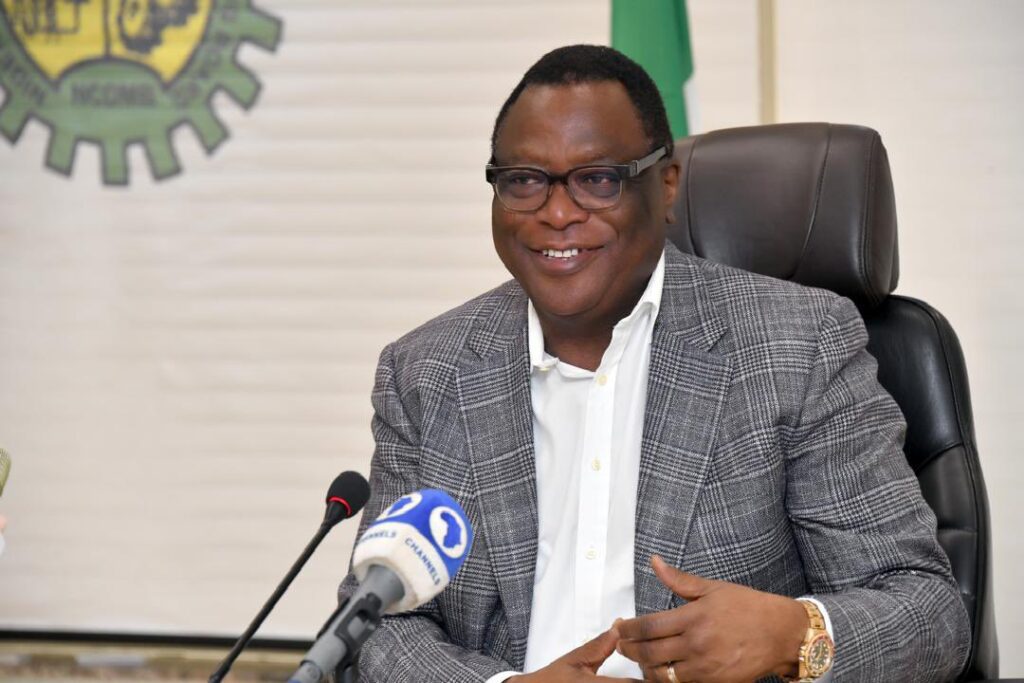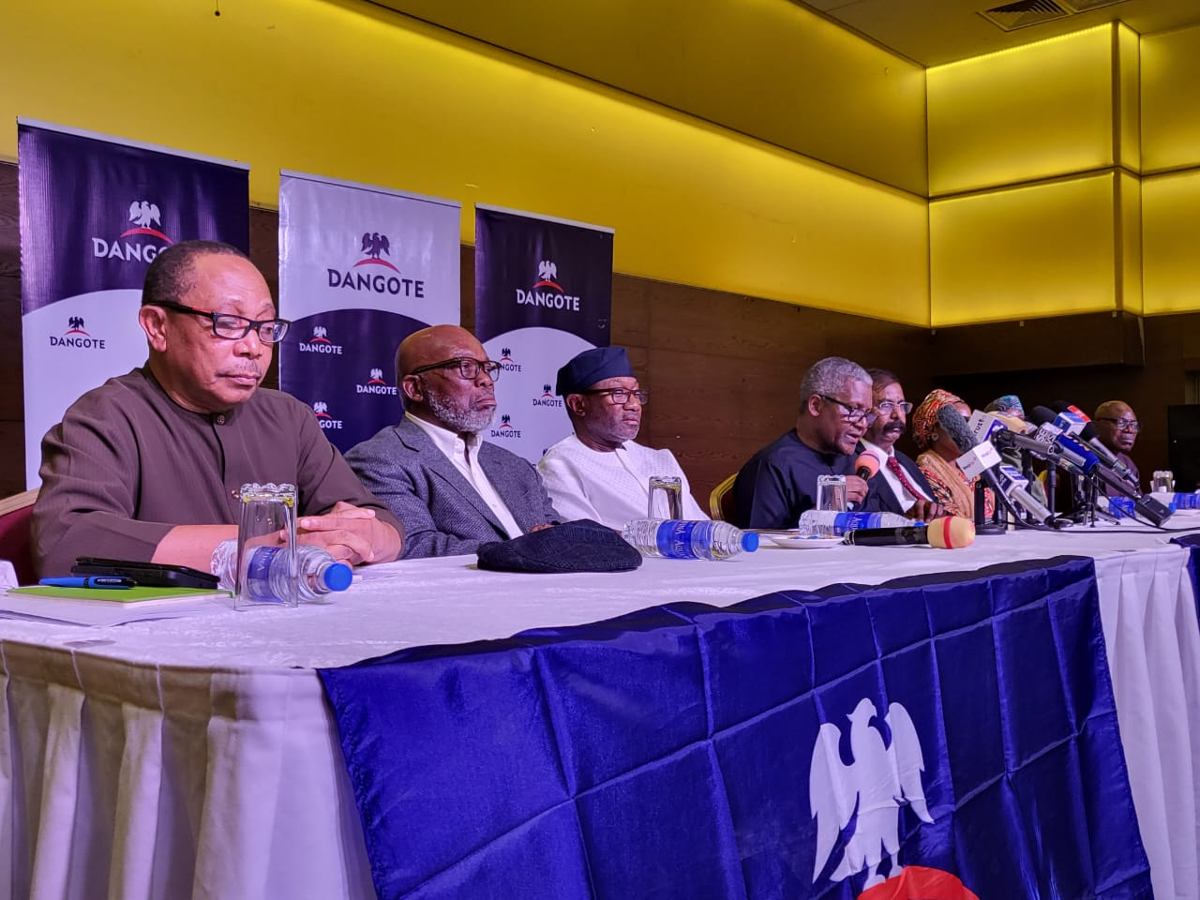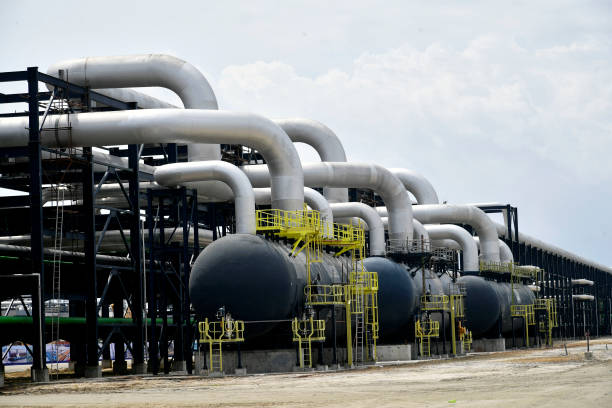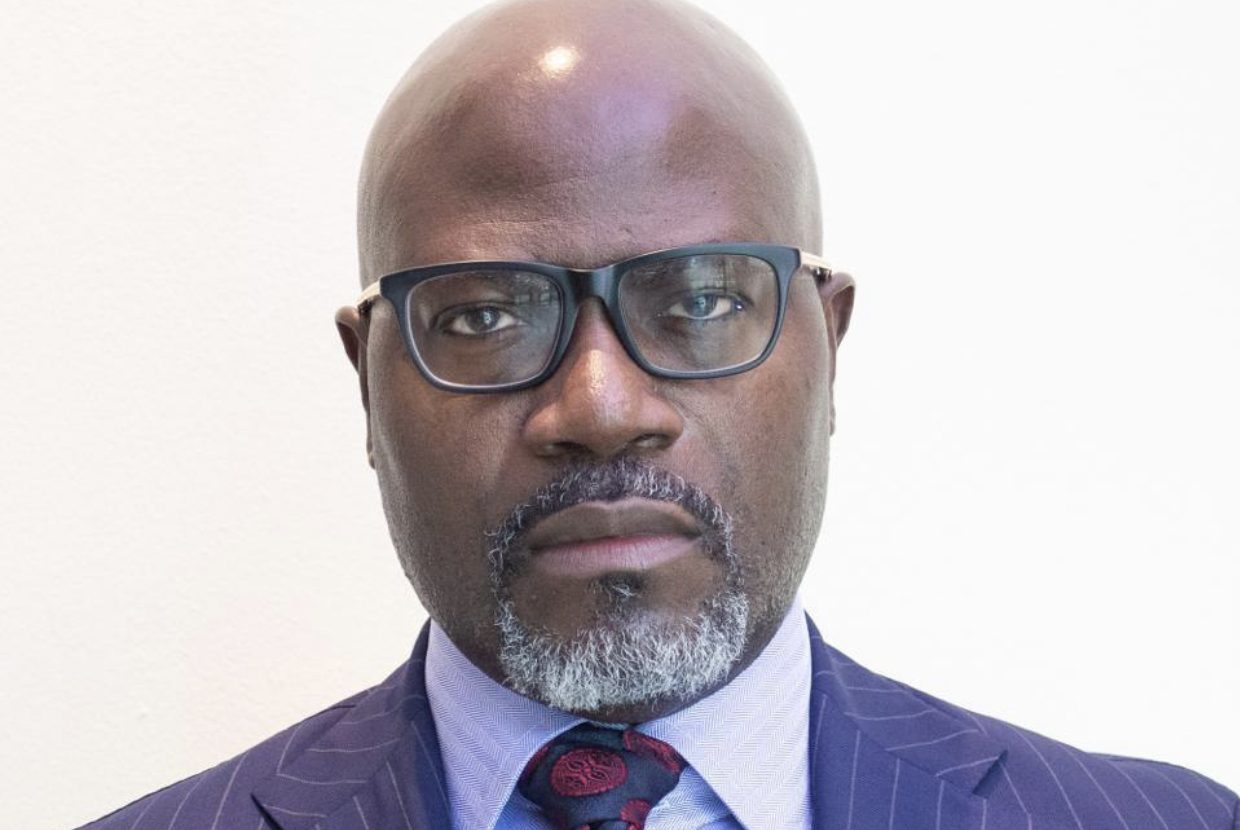About 10,000 Nigerians will be trained to meet rising workforce demand as oil majors move to execute about $8 billion worth of fresh projects, the Nigerian Content Development and Monitoring Board (NCDMB) has said.
The Human Capital Development (HCD) initiative is expected to train over 10,000 Nigerians in high-demand technical and professional skills for the energy industry.
Following a Final Investment Decision by Shell earlier this month, the Presidency’s energy office said FIDs in the oil sector now stand at about $8 trillion.
NCDMB, in a release by its General Manager, Obinna Ezeobi, said the programme, tagged the Oil and Gas Field Readiness Training Programme, is designed to equip young Nigerians with the technical competence and practical experience required to participate actively in new oil and gas projects emerging from the recent surge in Final Investment Decisions (FIDs) by international and indigenous operators.
NCDMB’s Executive Secretary, Felix Omatsola Ogbe, said the initiative was created to bridge skill gaps identified through applications for expatriate quotas and consultations with major industry associations such as the Petroleum Technology Association of Nigeria (PETAN), Oil Producers Trade Section (OPTS), and Petroleum Contractors Trade Section (PCTS).
The Board also drew insights from its internal database, project portfolios, and studies conducted by agencies such as the Petroleum Technology Development Fund (PTDF).
Ogbe stated that the programme directly aligns with Section 10(1b) of the Nigerian Oil and Gas Industry Content Development (NOGICD) Act, 2010, which mandates that Nigerians be given first consideration for training and employment in all work programmes approved under the Nigerian Content Plan.
“This initiative will strategically close identified skill gaps and prepare a new generation of professionals capable of executing complex oil and gas operations locally,” Ogbe explained.
The Field Readiness Training Programme will cover 10 priority skill areas deemed critical to upcoming oil and gas projects. These include subsea engineering, underwater welding, control and automation engineering (covering cementing, well control and rig operations), helicopter piloting, seafaring and vessel maintenance, production and maintenance engineering, quality assurance and quality control (QA/QC) including non-destructive testing, geoscience and wellsite operations, as well as digital technologies such as artificial intelligence, machine learning, Internet of Things (IoT), big data, drones, and cloud computing.
The programme targeted participants under 35 years of age with qualifications in Petroleum, Mechanical, Electrical, Civil, Gas, Welding, Metallurgy, Geology, Geophysics, Computer Science, or other related fields.
Providing further details, NCDMB’s Director of Capacity Building, Bamidele Abayomi, said the programme would be executed over two to three years, during which the Board would reassess industry needs to determine whether the identified skills remain relevant or require adjustment.
Abayomi added that the training will include classroom instruction, laboratory and workshop practicals, certifications, and at least six months of on-the-job training (OJT) with partner service companies. Each skill area will be supported by at least three technical partners, while Health, Safety and Environment (HSE) certifications and soft skills will be handled by accredited training providers under the Oil and Gas Trainers Association of Nigeria (OGTAN).
Participants deemed competent after assessment will be included in the NCDMB’s national skills database for potential deployment by service and operating companies. The Board also pledged to provide trainees with monthly stipends, personal protective equipment (PPE), medical screening, and insurance coverage throughout the training period.
Interested applicants are required to create or update profiles on the NCDMB’s Nigerian Oil and Gas Industry Joint Qualification System (NOGIC JQS) portal and register for the Oil and Gas Field Readiness Training Programme, selecting up to three preferred skill areas.






